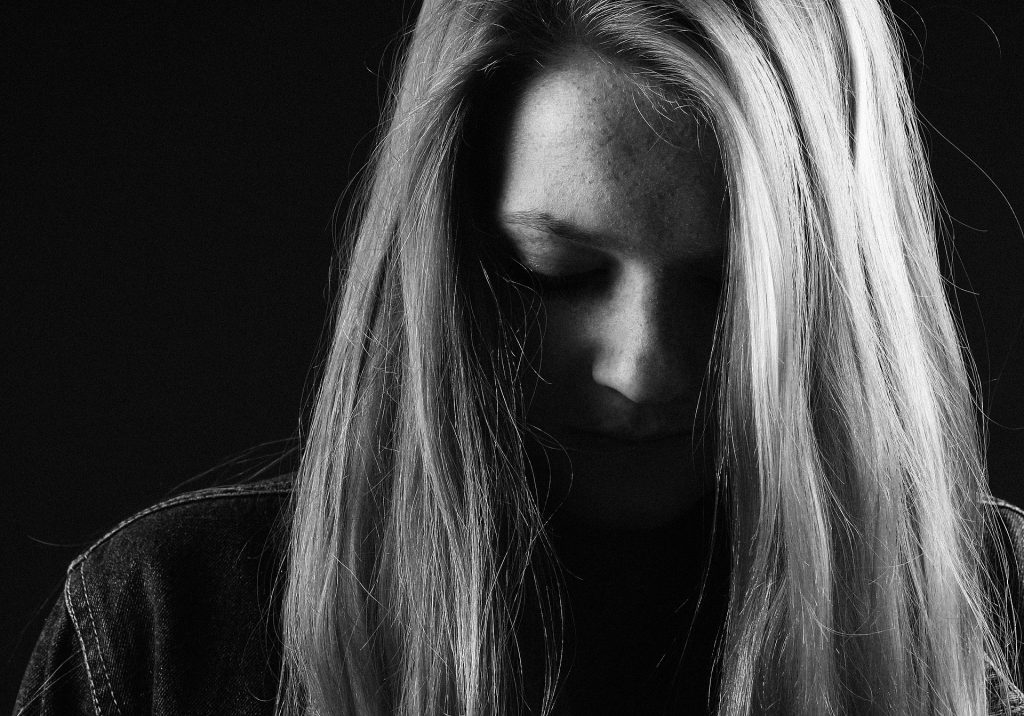We all react differently to death – here’s why

When someone close to you dies, it can turn your life upside down – particularly if it was the result of a serious crime.
We all grieve in different ways, and understanding your own reactions to death is tough. It can be difficult to know what to do, who to turn to and how to handle your emotions.
This blog post will help if:
- you’ve witnessed the death of someone close to you as the result of a violent crime;
- you’re in shock (for an outline of exactly what being in shock is, see below); or
- your life feels like it has been completely turned upside down following the death of a loved one.
Shock: a medical definition
Shock is a critical condition brought on by a sudden drop in the blood flowing through your body. The delivery of oxygen and nutrients to your vital organs is also curtailed due to the circulatory system struggling to maintain a decent blood flow.
The symptoms and signs of shock include low blood pressure, a weak, rapid pulse, overbreathing and a grayish-bluish skin colour. Care for shock usually involves keeping the patient warm and providing fluids either via the mouth or intravenously.
Why we all react differently to death
Dealing with death is one of the most challenging things you can experience as a human being. This is particularly the case if you’ve witnessed a violent crime that has resulted in the death of someone close to you.
Everyone reacts differently to events of this kind, and it’s entirely normal to feel like you’re riding a rollercoaster of emotions that never seems to come to a halt.
The way in which you react to death will be affected by a number of things:
- The relationship you had with the person. If you’ve suffered earlier losses of people close to you, this new loss might remind you of those times.
- Cultural background. Different cultural groups deal with death in a variety of ways. For instance, grief within your culture may be expressed through ceremonies and rituals, and there might be rules governing what is deemed respectful.
- Your age. While kids don’t always understand the reason a person isn’t coming back, as you grow older, you understand they have gone forever – which we can all find hard to accept.
- Your gender. Although certainly not a hard-and-fast rule, men often express grief through physical activity while women may be more open by sharing their feelings with others.
The ways you might react to death
One of the most common reactions to experiencing the death of someone close to you is shock. This manifests itself in a number of ways, and if you’re in shock, you might feel the following:
- Empty
- Dizzy
- Sick
- Numb
- Nauseous
- Confused
Unexpected emotions may also arrive, and it’s totally normal to react in ways you simply can’t control. There’s nothing wrong if you feel:
- nothing (initially). This is quite common before the reality of what has happened starts to set in;
- total disbelief about what has happened;
- a reaction that feels ‘wrong’ – for example laughing; or
- dismissing the event as completely fictitious.
The grieving process
Once the shock begins to wear off, you’ll start the process of grieving.
Much like the initial reaction, grief arrives in many forms, and it’s best not to stress about how you handle it. This is a process, and there’s no right or wrong way to deal with the emotions that surface.
We all grieve in our own way, weather it be physically (headaches, nausea or achy muscles), emotionally (anger, guilt or sadness) or mentally (lack of concentration, confusion or poor memory).
Things might also change socially. You might find that people simply don’t know what to say to you, or that certain friends start avoiding you. This is usually because they don’t know how to handle the situation, and isn’t normally a reflection on your friendship.
You may also feel pressure to be strong in front of your family and friends, or feel that you don’t want to be in the company of anyone.
Looking after yourself and seeking further help
It’s important to take care of and be kind to yourself after experiencing the death of someone close to you. Take time out to relax and do the things you want to do.
There really is no right or wrong of how you should feel, what you should do, and how you should start to come to terms with what has happened so you can move on.
Whatever you think is best, talk to us. Our experts are highly experienced in helping people just like you to cope and recover following death. Call us on 0300 303 1965, whenever you’re ready.
